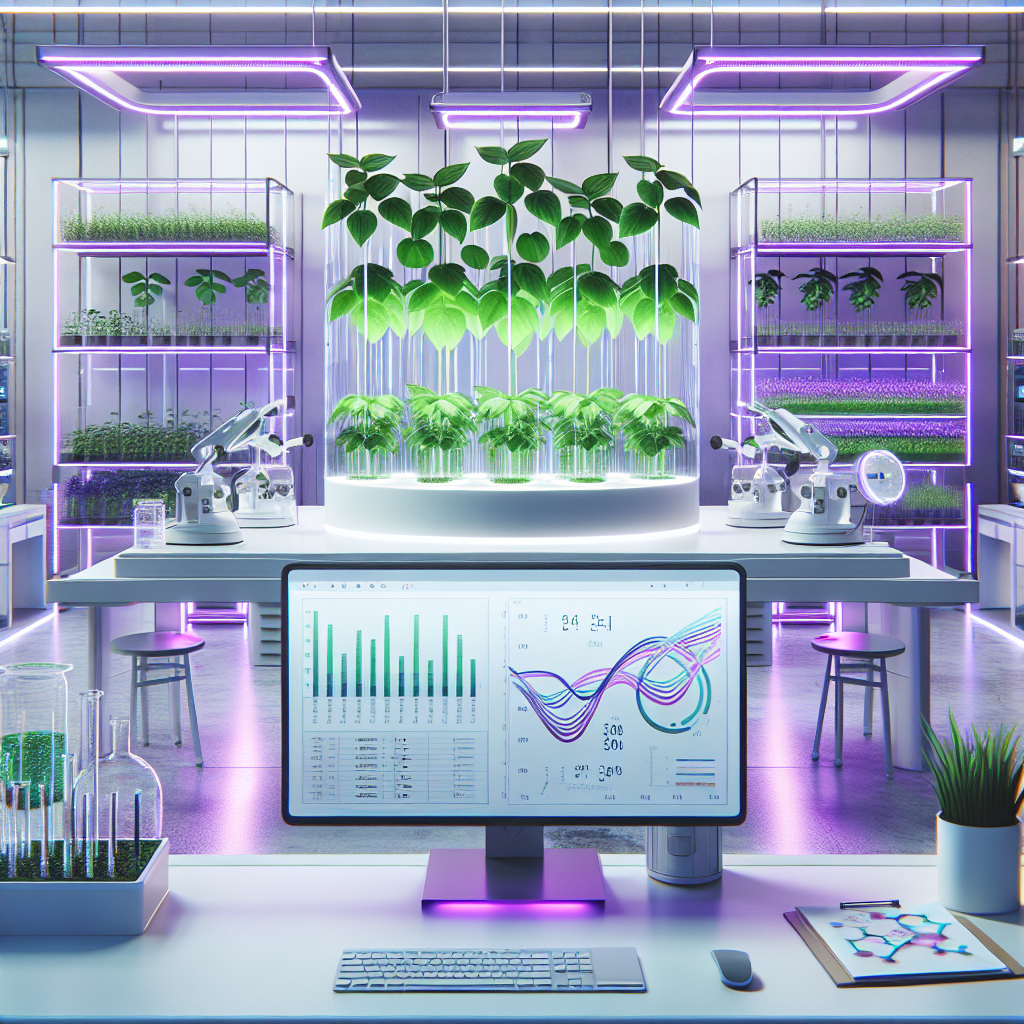The beauty industry is undergoing a significant transformation as biotechnology increasingly influences influencer marketing strategies. This shift is driven by consumer demands for products that are not only effective but also ethically sourced and personalized. As brands adopt biotechnological innovations, they are reshaping how they connect with audiences and engage influencers.
The Emergence of Biotech in Beauty
Biotechnology in the beauty sector involves using biological systems and organisms to develop new ingredients and formulations. Companies are now employing lab-grown components and genetically modified organisms to create effective skincare and cosmetic products. As consumer interest in transparency and sustainability grows, brands are responding by emphasizing scientific research and ethical practices in their offerings.
Major brands such as Fenty Skin, Estee Lauder, and L’Oreal are leveraging biotechnology to produce clean and effective products. By utilizing advanced technologies like artificial intelligence, these companies can analyze individual skin types and recommend tailored solutions, thus enhancing the consumer experience.
Influencer Marketing as a Strategic Tool
The rise of biotech in beauty creates a fertile ground for influencer marketing, which has become a powerful tool for building brand credibility. Influencers play a vital role in communicating the benefits of biotech products, demystifying complex formulations, and showcasing their effectiveness in an engaging manner.
By collaborating with biotech brands, influencers can create educational content that elucidates the science behind these products. This approach not only enhances consumer understanding but also positions influencers as knowledgeable advocates in the beauty industry.
“Influencers who engage with biotech brands are often perceived as more credible due to the scientific support behind the products they promote,” said a spokesperson from a leading beauty firm.
Brands like Notox and Biossance exemplify this approach, emphasizing their commitment to biotechnological advancements while encouraging influencers to share authentic experiences and reviews. Such transparency fosters a loyal customer base that values honesty in product promotion.
As sustainability becomes a central concern for consumers, brands are pressured to adopt eco-friendly practices. Biotechnology stands at the forefront of this movement, developing sustainable formulations and sourcing methods. By highlighting their commitment to the environment, beauty brands can attract eco-conscious influencers passionate about promoting green beauty.
Influencer partnerships in the biotech space can advocate for sustainable practices, showcasing lab-created ingredients that reduce environmental impact compared to traditional methods. Campaigns focused on eco-friendly packaging, cruelty-free testing, and product recyclability create a cohesive narrative around sustainability.
Challenges and Future Prospects
While the integration of biotechnology in influencer marketing presents numerous opportunities, challenges remain. The complexities of biotechnology may alienate some consumers who are accustomed to conventional beauty products. Additionally, it is crucial that influencers possess a thorough understanding of the science behind these products to maintain credibility and avoid misinformation.
Brands must navigate regulatory requirements, ensuring their products meet safety standards while effectively communicating their biotech advantages. As influencers often represent the brand, their grasp of these details is essential for building trust with their audience.
As biotechnology continues to evolve, its impact on the beauty industry and influencer marketing is expected to grow. With advancements in personalized skincare and sustainable practices, the marketing landscape will shift, emphasizing community and shared values. The marriage of biotech and influencer marketing signals a transformative approach to beauty that prioritizes science, transparency, and sustainability.
As we look to the future, this revolution will undoubtedly redefine the beauty narrative, creating a new paradigm where innovation and authenticity coexist harmoniously.
